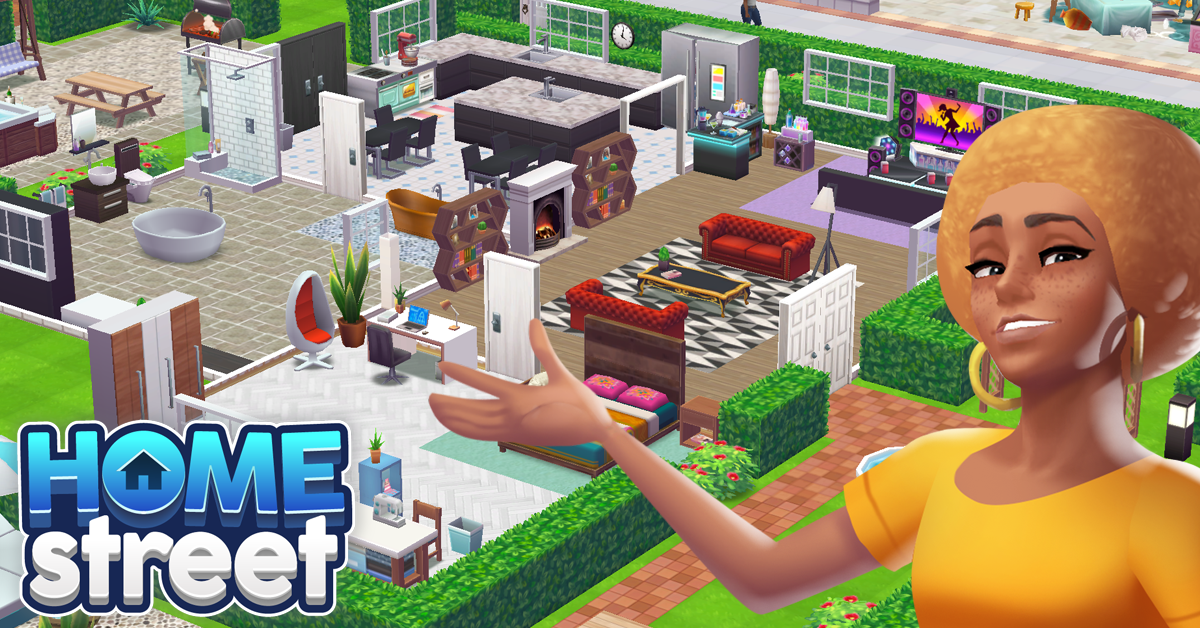Developer Supersolid raised $4 million for its casual mobile games such as Home Street, its latest hit. Index Ventures, a venture capital firm that has invested in other hit mobile studios such as King (Candy Crush Saga) and Supercell (Clash Royale), led the round.
“The core team at Supersolid was responsible for many of the successful games at Playfish, a prior Index investment,” said Ben Holmes, venture partner at Index Ventures, in an email to GamesBeat. “They were not seeking an investment at the time, but alongside Initial Capital, we persuaded them to take a small seed investment in 2013. This investment underscores our belief in the team and their formula for making fun and distinctive games.”

Unlock premium content and VIP community perks with GB M A X!
Join now to enjoy our free and premium membership perks.
![]()

![]()